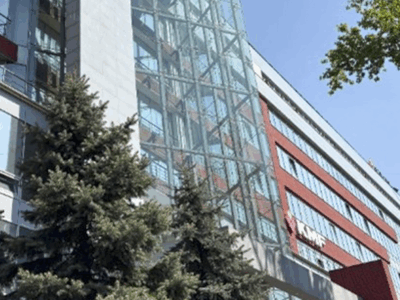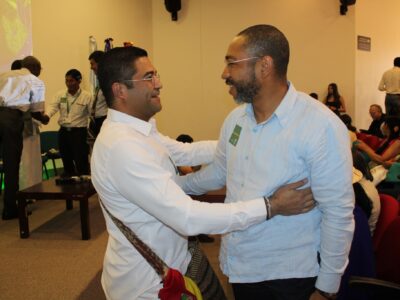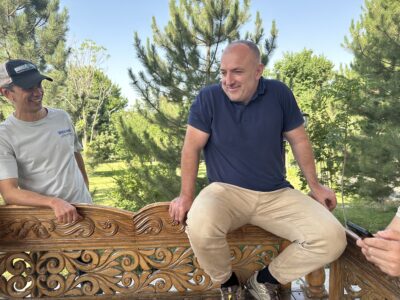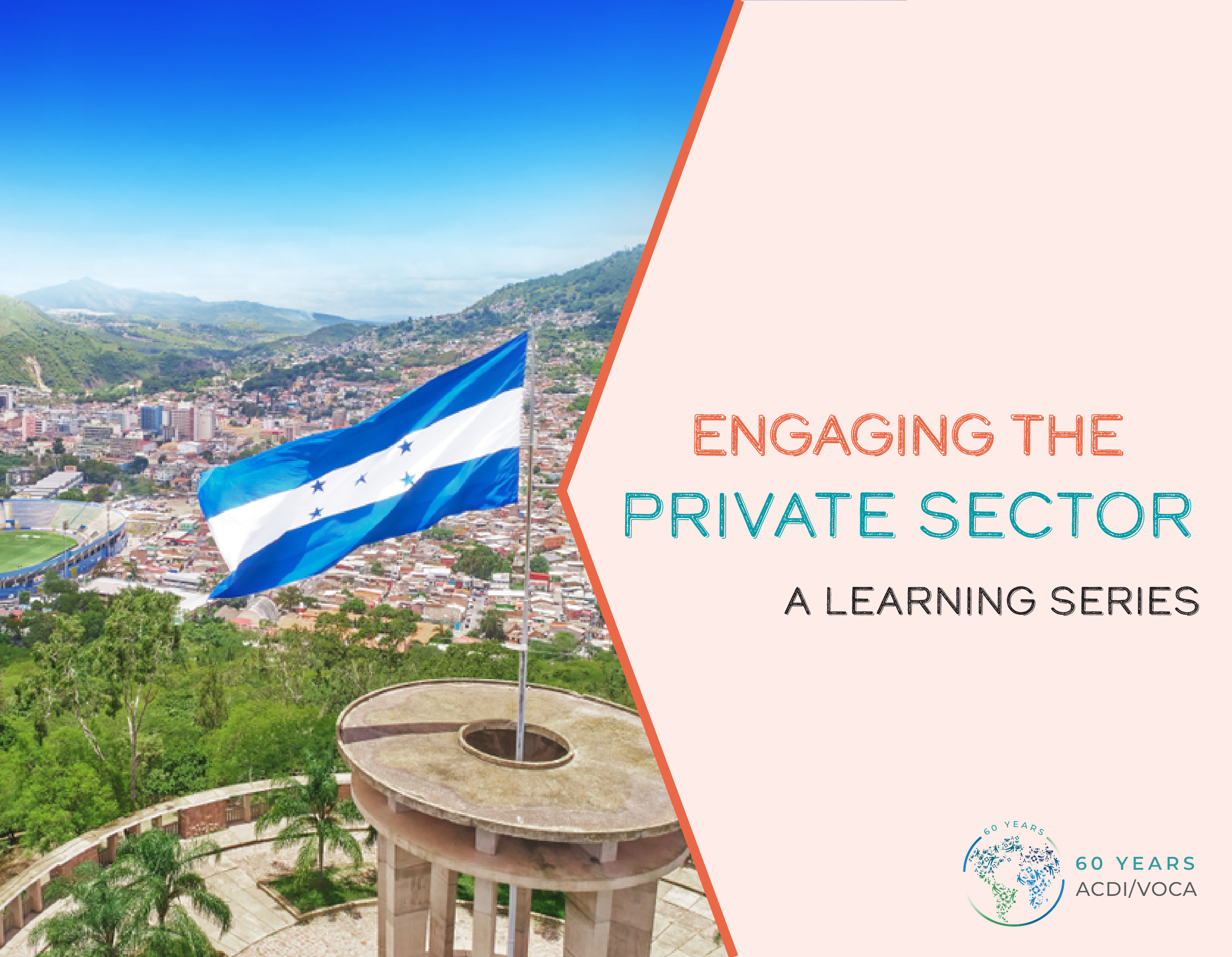
In January, ACDI/VOCA hosted a panel discussion on how the private sector is leading development as part of the Society for International Development’s Locally Led Development series. During the discussion, Mark Sevier, Senior Director of Private Sector Engagement at ACDI/VOCA, spoke with Michael Wehmeyer, President of CANATURH and Copa Airlines’ General Manager for Guatemala, El Salvador, Honduras, and Belize.
After the pandemic, Copa Airlines partnered with the National Chamber of Tourism of Honduras and the USAID Transforming Market Systems Activity, implemented by ACDI/VOCA, to help Honduras’s tourism sector recover. Continue reading for Wehmeyer’s insights into how these local ties led to a return to normalcy in the tourism sector.
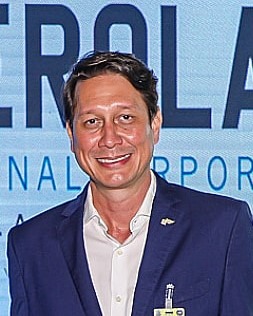
Q: How have you seen multi-sector partnerships in the tourism sector advance opportunities for locally-led development?
A: The COVID-19 pandemic grounded our operations in Honduras, which is why Copa Airlines turned to engaging with the national tourism chamber and local authorities. This partnership led us to work with the USAID Transforming Market Systems Activity with the goal of airline companies getting more involved in promoting the return of tourism. We deepened our localization ties to the chambers of tourism and commerce and worked with local cities to promote tourism by helping spread the message. By the end of 2022, the sector had returned to pre-covid levels.
Q: What do you see as the role of development partners in the localization process? Do you have any examples?
A: I believe that donors can help most by identifying the problem and helping their partners search for innovations. They can also work within local contexts to scale up those solutions and help their partners succeed in their respective markets. One example of this is two young men who were growing a local restaurant that served fried fish. These two individuals received mentoring through the tourism chamber and through the USAID activity. They are still a small restaurant, but the engagement they have had is amazing. To be successful they realized they had to sell not just a restaurant experience, but an experience of the region.
Q: What is an “a-ha” moment for you, as you reflect on the discussions so far? How has this conversation changed the way you think about investing locally?
A: It’s clear to me that localization is really an integral effort. And it must be mapped out and systematic in how partners engage not only in mentoring business owners and entrepreneurs, but also in how the community or country embraces the shared goal. The sector being impacted needs to have the same mentality and understanding of what the purpose is for the funds and the work. There needs to be engagement of the whole ecosystem.
Q: If your development partner were to announce they were leaving your sector in three to five years, what would you expect from them in order to continue making an impact after they’re gone?
A: As someone who works for an airline, I spend my time talking about the potential worst-case scenarios constantly. What we do in practice is try to anticipate how we will react to those potentially disastrous scenarios. We have to be prepared. In Honduras, what we have done is ensure that a lot of the responsibility is in the hands of staff at the national chamber. They have the know-how and the best practices in place to make our efforts sustain even after our development partners leave. If any organizations or partners were to leave the market, we try to ensure that their mark and their footprint has been imbedded into the way we do business in the long run. This element has to exist all of the time in projects. There must be a documented recipient of information that is stored and shared.
Q: What advice would you give for U.S.-based businesses wanting to expand to lower and middle-income countries and provide value (not just take opportunities away from local businesses)?
A: For our part, we are working with a chamber of investment in Honduras to identify investment opportunities. We’re also working with the local government to ensure we incentivize those investments. We try to make it as clear and realistic as possible. What we need right know is infrastructure and development. If that’s something that a company knows, they will be able to provide the building blocks to a better market.
Comments
